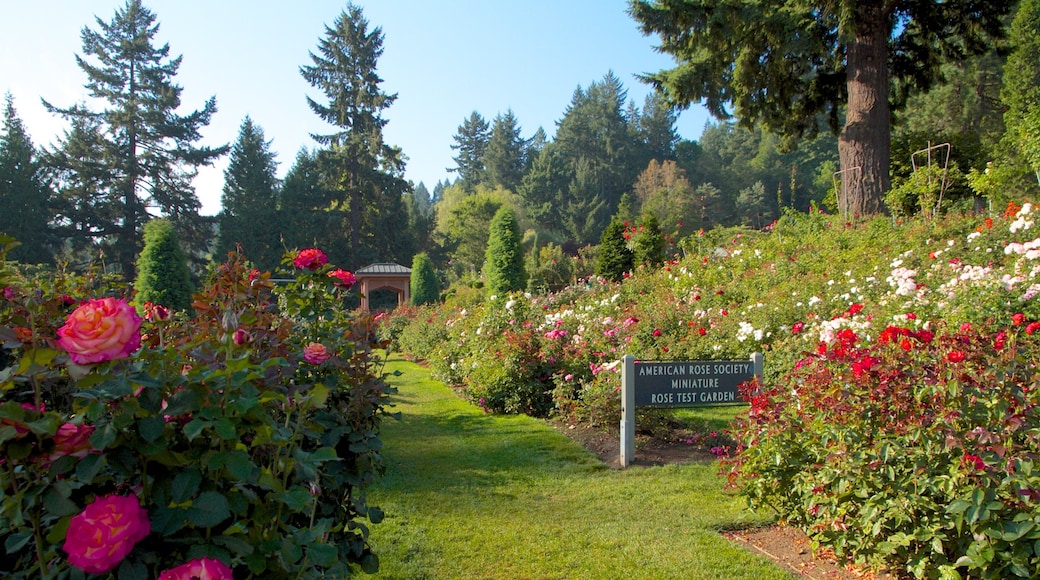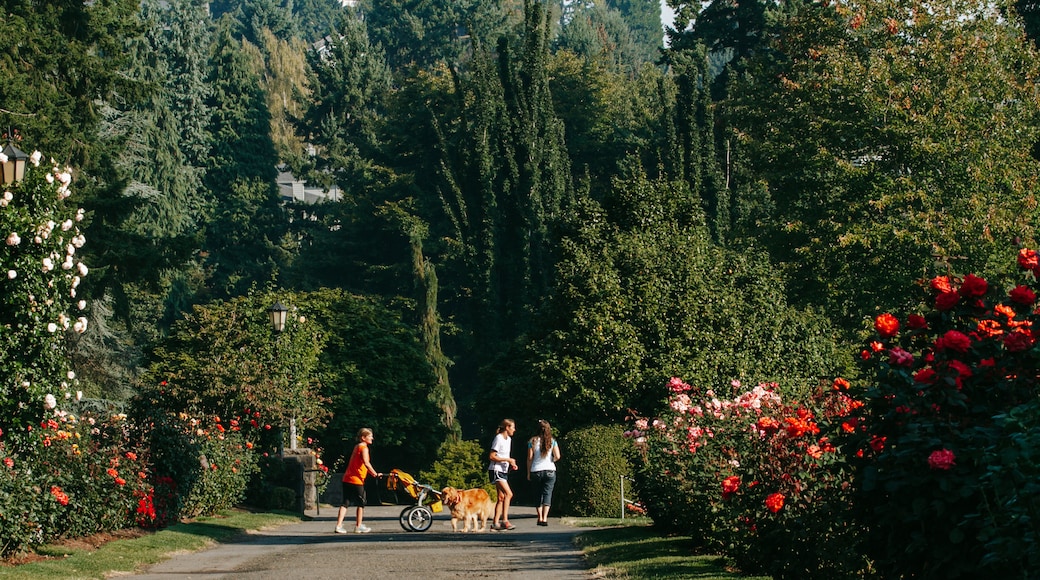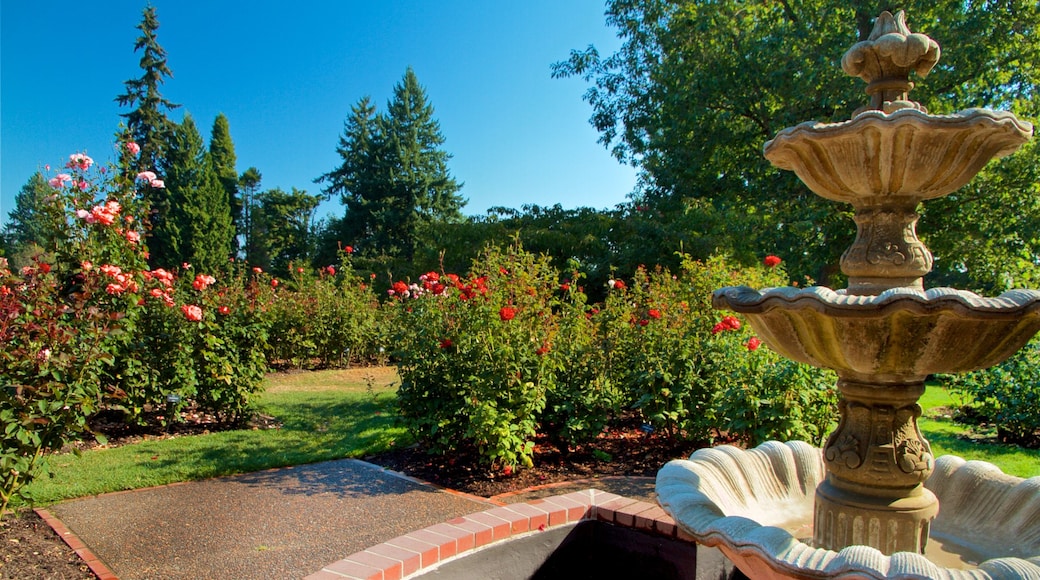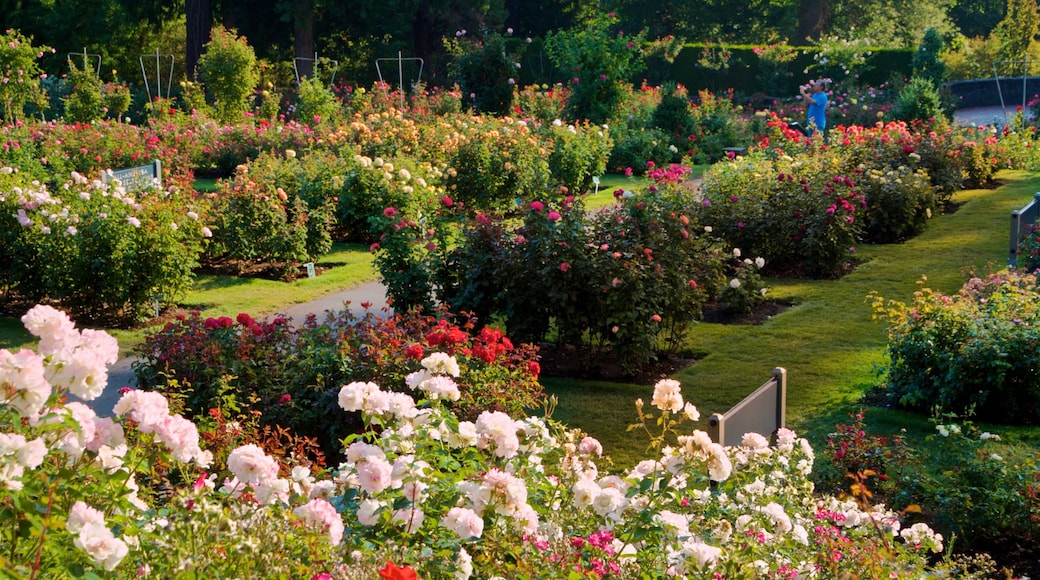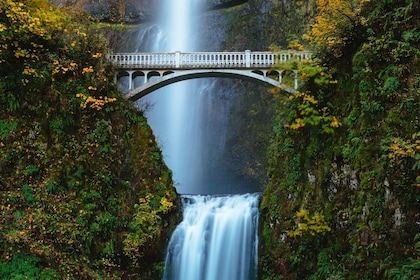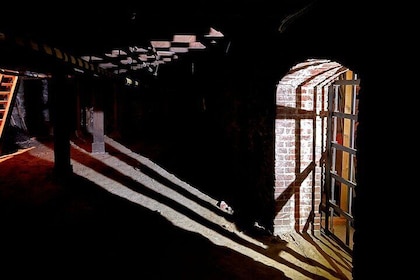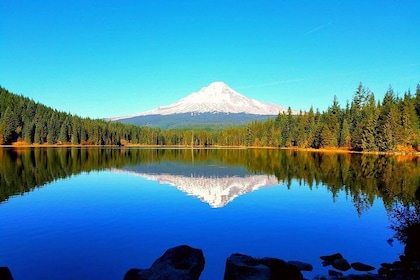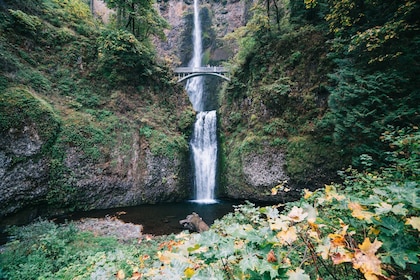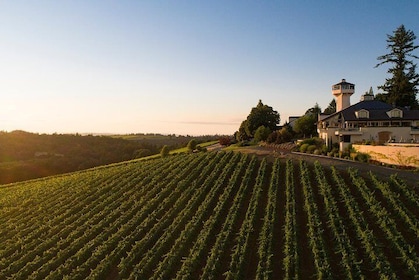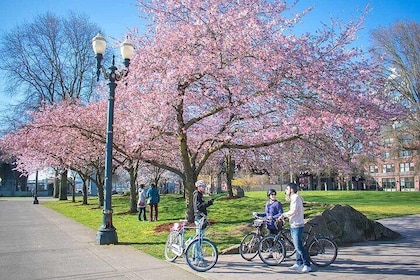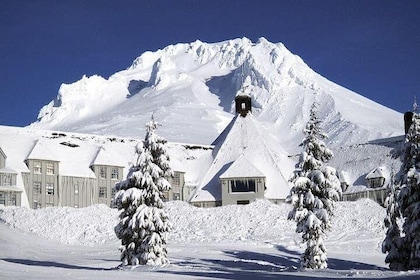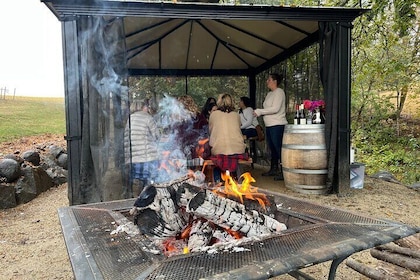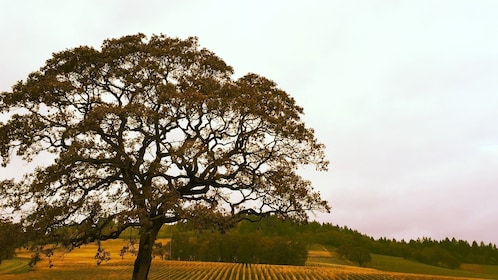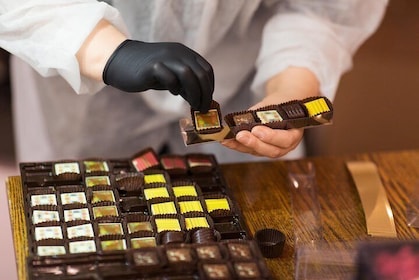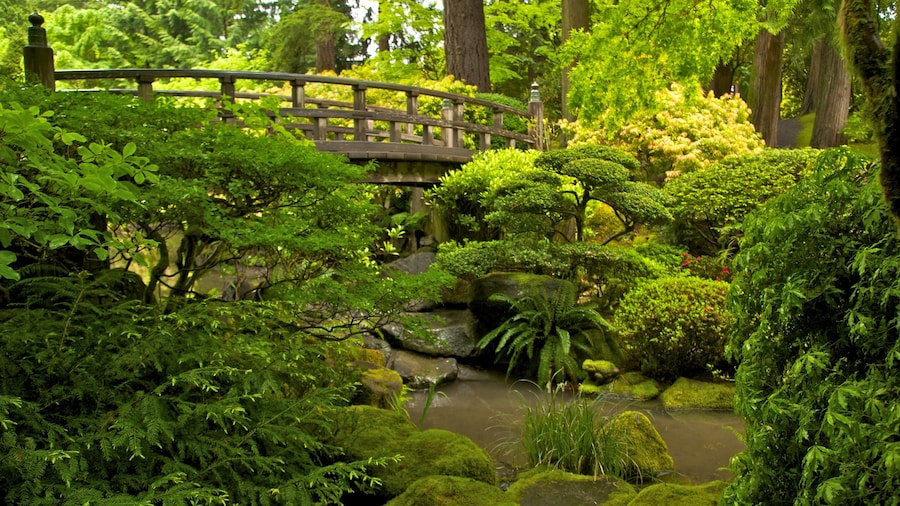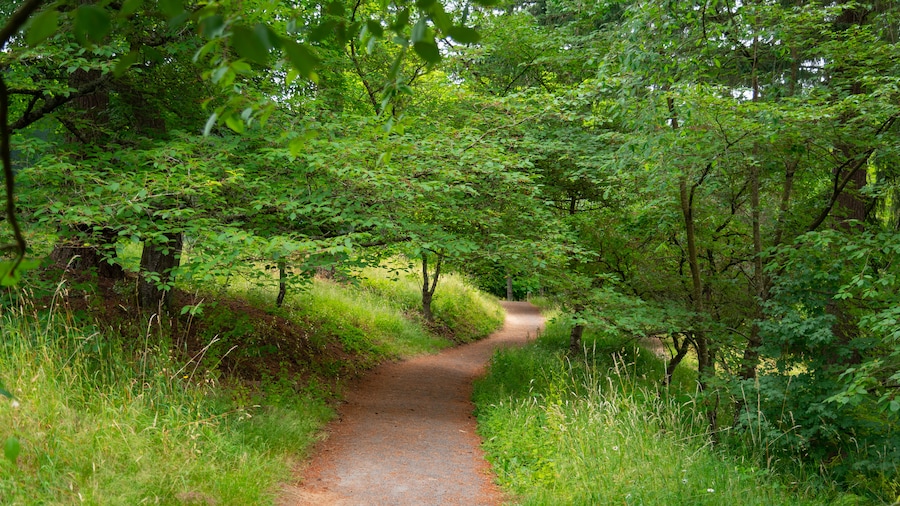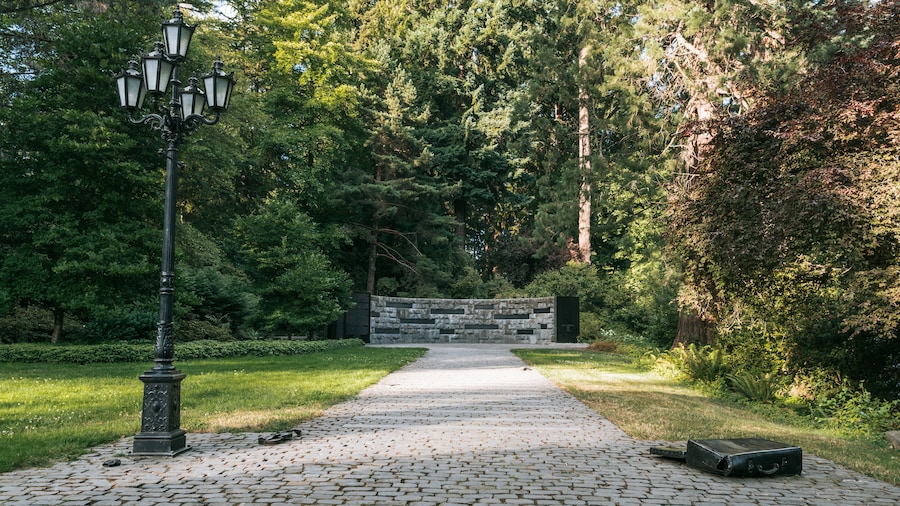Enjoy a day picnicking or wandering down the walkways in one of the oldest and finest gardens in the United States.
For rose lovers, gardeners, flower experts, admirers of natural beauty, and visitors of all kinds, the International Rose Test Garden sits roughly five kilometres from downtown Portland there is no better place to see why they call Portland the ‘City of Roses’. The garden is open daily and admission is free, as are the volunteer-guided tours.
This 1.8-hectare floral feature is part of Washington Park, and the garden is set on terraces in the West Hills overlooking the city. The scent of thousands of blooms greets you as you enter. The International Rose Test Garden in Portland was established in 1917 it is the oldest of its kind in the United States. Initially the garden was a haven to protect roses sent from war-ravaged Europe, but today the garden is a local place of beauty as well as a testing site.
Here, roses are tested for fragrance, pest resistance, and colour before they are named and released onto the market. Visitors are encouraged to visit the Gold Medal Garden, which is full of the best blooms cultivated in years past. Try to pick out next year’s winner in the rose-testing beds with a collection of yet-to-be-named varieties.
The garden is a lovely place to picnic and snap photographs all year long, especially on clear days when there are superb views of Mount Hood. However, the roses are in bloom from June to October. Summer is typically the best time to visit for the most spectacular displays. June usually has the most beautiful floral displays, and free plays and classical music concerts can be enjoyed in the amphitheatre during the first two weeks of the month.
On a clear day, visitors can appreciate a superb view of Mount Hood. Take a stroll down the bronze-plaque-lined Queen’s Walk, which names present and past queens of the annual Portland Rose Festival, or sit and bask in the ambiance of the Shakespeare Garden. This garden was once filled solely with the trees, herbs, and flowers mentioned in the great writer’s plays, but today it is filled mostly with shade-tolerant plants because of the many trees in the area. Shakespeare remains, however, in the several rose species named in his honour.
. p>
